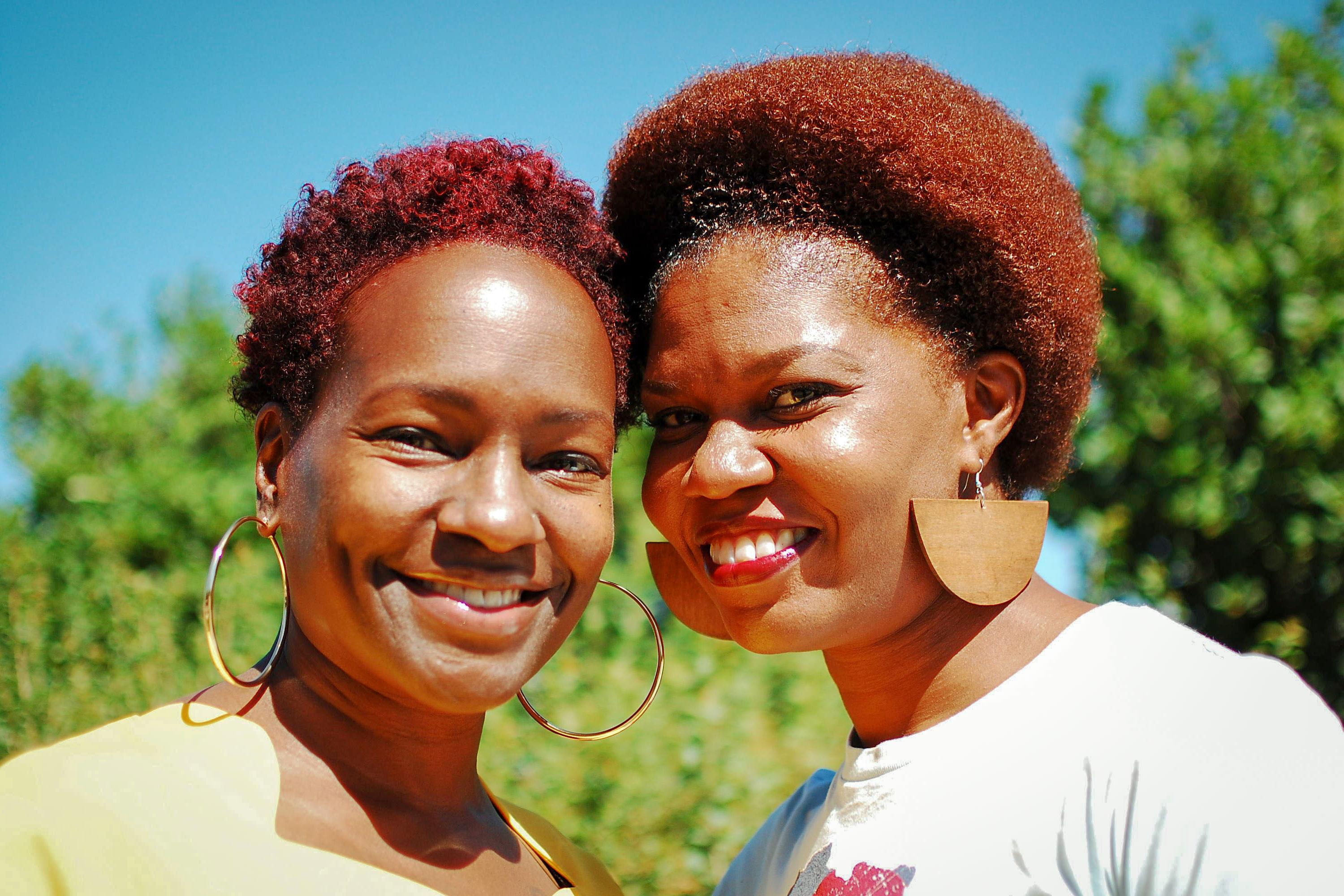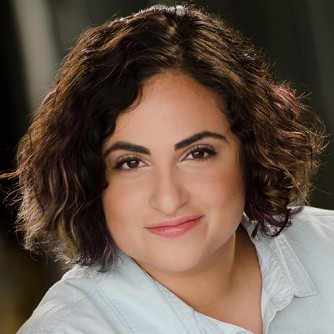

The Rev. Dawn Riley-Duval and Rev. Tawana Davis are not your average ministers. They speak with the poetic wisdom you’d expect before essentially taking you to church. They can lace a speech on black liberation with enough cursing to make you forget you’re talking to clergy.
Riley-Duval jokes that they are “unhireable” — particularly in church — so, three years ago, they founded Soul2Soul Sisters, a social justice nonprofit aimed at fighting racism.
“The work that Tawana and I are called to do, we could not do in the confines of a congregation, or even a denomination,” Riley-Duval said. “We had to create our own thing, and do it how we feel, how we feel called.”
For the two reverends, pursuing social justice and liberation means throwing out all the rules — about what a ministry could look and feel like, about what other faith traditions could be blended into their Christian roots and how to devote yourself to a cause without draining yourself dry. Davis said there was no other way.
“We don’t need someone to give us permission to do the work, but we are creators, we are co-creators and if we can’t co-create in doing that work, then do your thing, God bless you, wish no ill on you, you rock and you do what you believe is anti-racism work, and we’re going to do this,” she said.
The two came a long way to get to this. At first, they would give presentations to various congregations, but it quickly became evident that not everyone in the pews was interested in what they had to say. Riley-Duval said they heard a lot of hurtful things before they decided to put their foot down.
“That’s not healthy, that’s not self-care, we’re not going to open ourselves up to being treated like that.”
Deciding early on that caring for themselves was going to be at the core of their business model, Riley-Duval and Davis realized that to combat racism in faith communities, the pair would likely — at times — be the target of racist words or behavior. It was an early choice of survival, to strike a balance between their passion for the work and their own well-being.
Both women are mothers, and Davis is a grandmother. She’s also in treatment for breast cancer. Riley-Duval cares for her mother, who is in treatment for bone marrow cancer.
“We are free indeed, indeed, we are free indeed,” Riley-Duval laughed. “We get to say ‘no,’ we get to say ‘yes,’ we have power, we use it, we care for ourselves. It’s a beautiful thing.”
Part of that survival means allowing people to come to them. No advertising, solely word of mouth. According to their website, they’ve worked with more than 800 people of faith in 2017. They run three anti-racism programs now, alongside other efforts targeting reproductive rights and voter registration. One program still works with congregations. Another is centered on black women who are activists, and focuses on cultivating those same practices of self-care.
The third is Facing Racism, a four-week intensive.
The words “Facing Racism” can sound intimidating, like challenging a dreaded foe. The most striking thing about the program is the bare honesty of it all. Participants admit to things that might make one instinctively brace for conflict, which never materializes. Debbie Zucker, who helps facilitate Facing Racism, said conflict is not compassionate.
“People have come up to me and other trainers after these groups and have said things like ‘I was sure you were going to blame me, or hold me up as an example, you know be hard on me, or publicly critique me or whatever,’ and we don’t do that,” she said. “I consider white people my people. I look at white people and I think, ‘Oh, there’s just some ways in which we’ve been entirely confused by holding so much racial privilege.’”
Zucker has compassion for that confusion and said no one is there to call anyone a racist. People come to the group to learn and grow, she’s seen it herself.
“I mean, one white woman just looked at Dawn and Tawana and said, ‘Oh, I just got it that you care about your children as much as I care about mine,’” she said, pausing for a moment. “And the room just fell deeply silent. It was so honest and it was really brave of her.”

On the last day of a recent intensive held at Park Hill United Church of Christ, in Denver, the mood was light. A few people laughed at inside jokes from previous sessions after a meal of Ethiopian food. Aptly, the theme of the last session was for participants to explore how to combat racism in their communities after these meetings were over.
Everyone has done a lot of homework over the last four weeks; essays on the Black Lives Matter movement, critical race theory, the black power movement; they’ve watched videos on the history of race and listened to songs by Nina Simone, Lauryn Hill and Macklemore.
The evening’s reading centered on the responsibility of white people to address racism. With frankness, and vulnerability, people shared their strategies to do that with their loved ones and friends. One woman, who has a father and brother in law enforcement, wept as she committed to confronting them more often about their racist views — but she also worried about whether or not they would come home safe.
By the end of the night, several people committed to the Facing Racism alumni group, which meets once a month to keep the conversation going. A founding principal of this group — and of Soul2Soul Sisters — is that anti-racism work is ongoing.
Riley-Duval and Davis are not simply teaching people how to be less racist, they’re creating an environment where people feel more comfortable tapping into complicated emotions free of judgment.
“Giving permission, getting permission, to be in the midst of challenge is beautiful for folks, is an opportunity that most folks do not get, do not have,” Riley-Duval said. “People are hungry for it and appreciate it.”









